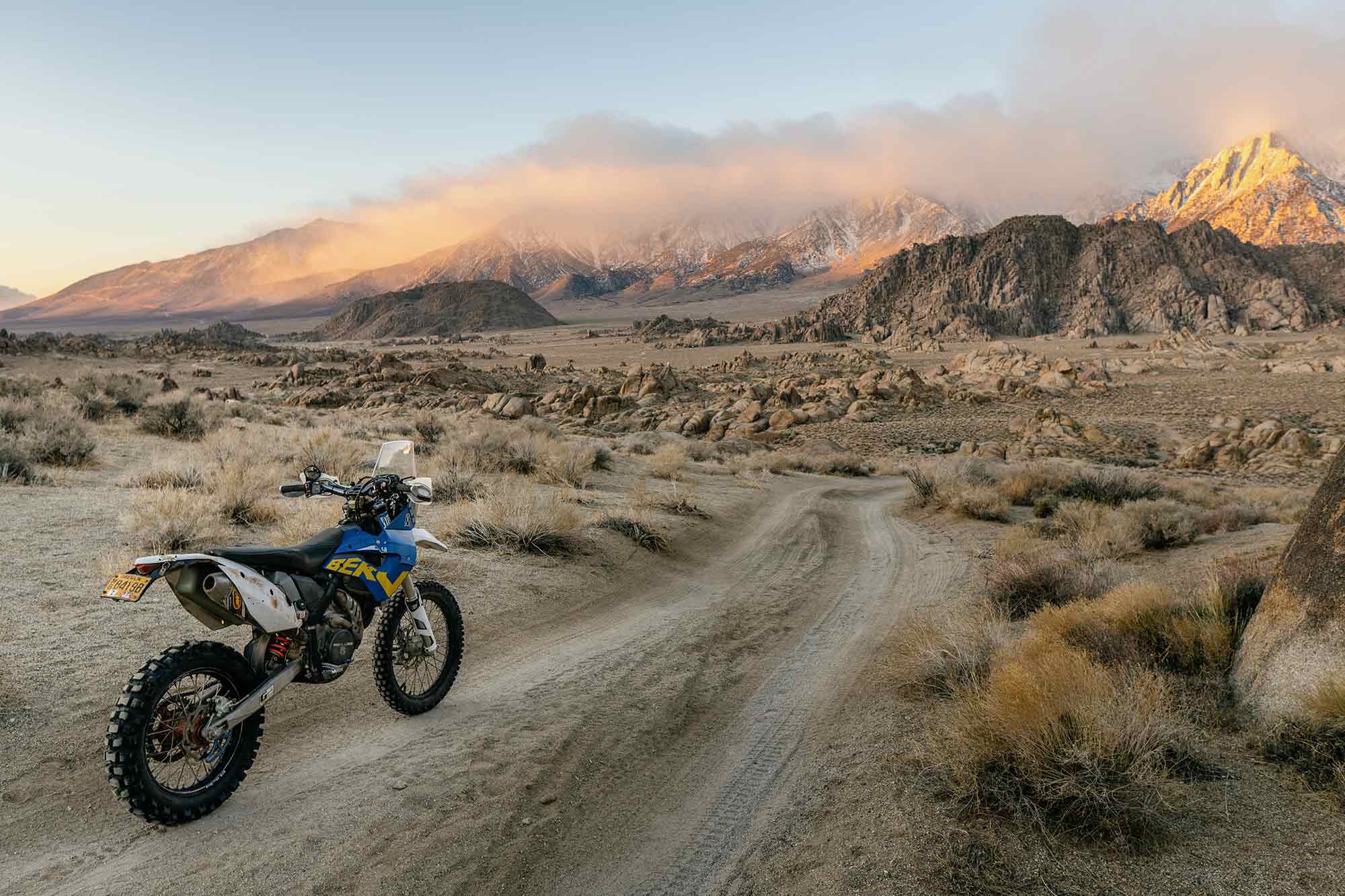
Obsession is deceptively sticky, like pavement in a heat wave. It’s the feeling you get when something grabs ahold of you and won’t let go, a fascination that clings to every fiber of your being until you give in again and fire up your bike. Maybe your substance of choice is tinkering in the garage, the rush of a race, or the compulsion to turn around for one last glance… and then one more. Merely dabbling in the world of motorcycles is nearly impossible; before you know it, the allure has fully consumed you.
Related: The Science Of Motorcycle Sound
When you’re not riding, you’re imagining yourself doing so, your vision full of intricate details of your next trip, improving your beloved machine, or reliving the sheer joy you felt on those gorgeous sweeping curves; you know the ones. The experience is locked in your mind. Much of your mental energy is focused around the lure of the next ride.
Isle Of Man
Spoken like a true addict: There is nothing like the Isle of Man TT Mountain course, a contorted beast of public road-turned-racetrack and the location of the greatest and most dangerous motorcycle race of all time. With the lives of 260 riders claimed since the inaugural TT race in 1907, what kind of person would take such a risk? How might their urge to race this track affect the lives of their families and friends? Why do riders say they can’t live without it after they’ve tasted it?
Related: Trapped Abroad On A Motorcycle Trip During Coronavirus
While enthusiasts and people involved in racing on the Isle of Man understand that lost racers were doing something they absolutely loved one minute and were gone the next—surely preferable to languishing away in illness, right?—people on the outside might see the casualties differently. They might believe those riders foolishly threw their lives away.
In a perfect world of two-wheeled escapism, it’s true that the concerns of everyday life can be left behind with a twist of the throttle. If the Isle of Man is the ceiling of motorcycle addiction and risk, where does that leave the average rider? Is it possible that riding motorcycles off the racetrack, especially such dangerous ones as on the Isle of Man, is addicting?
Related: Top 10 Most Motorcycle Travel-Friendly Countries
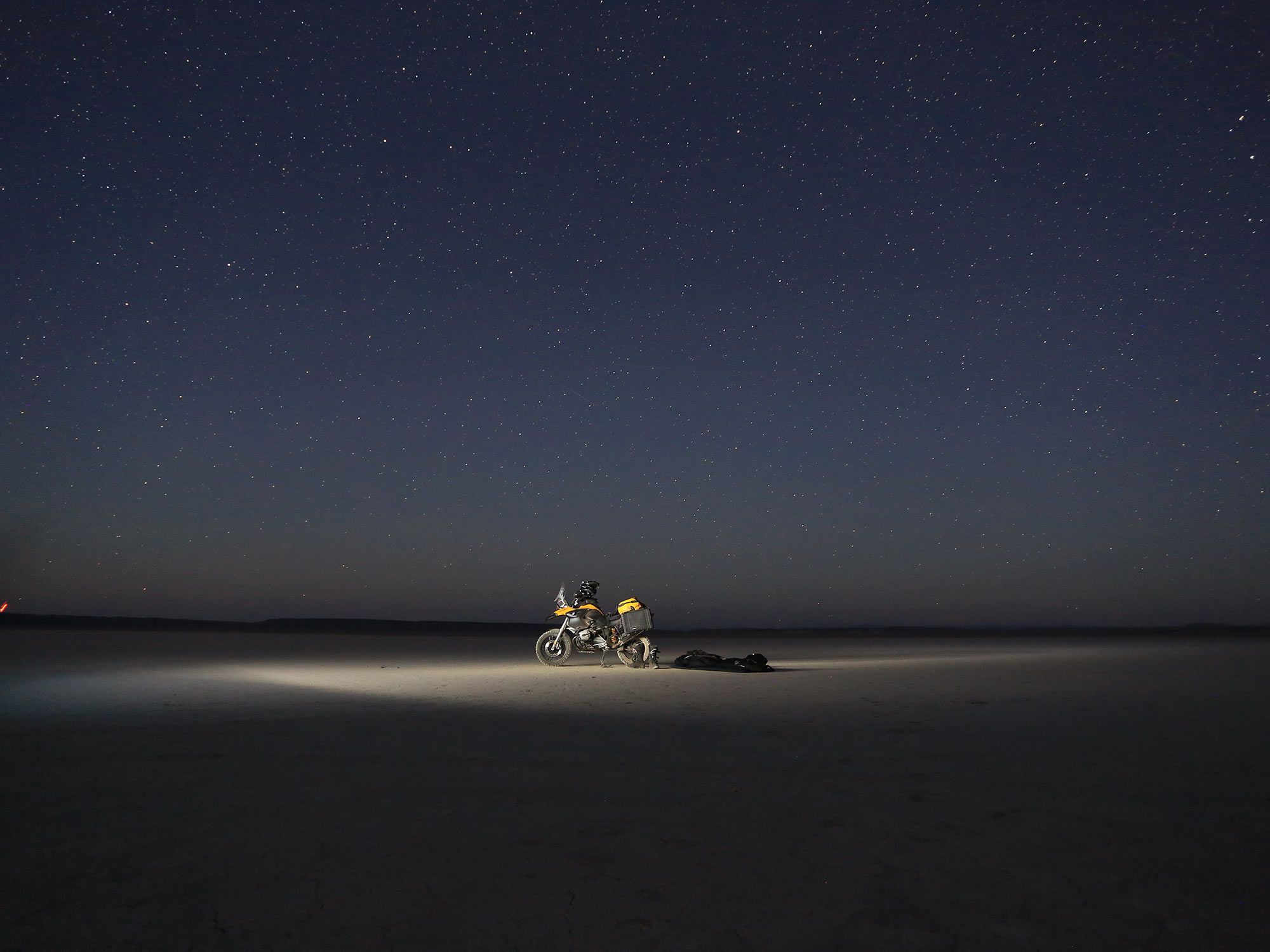
Thrill-Seekers, Buzz-Chasers
Why might motorcycles be addicting?
Chemical Factors
Our bodies produce endorphins, chemicals that inhibit the communication of pain signals, improve immunity, and may throw in a dash of euphoria. In other words, endorphins are natural painkillers and mood boosters that enhance feelings of pleasure and well-being. Riding motorcycles promotes the generation and release of endorphins while reducing the activity of cortisol, a stress hormone linked with feelings of tension and anxiety. Therefore, with regular motorcycle use you may find yourself in a happier state of mind with an overall better quality of life.
Emotional Benefits
Riding motorcycles has huge potential to alleviate stress, suspend negative thinking, and even alleviate physical symptoms such as muscular discomfort, indigestion, and pain. Time in the seat provides a distraction from your worries, past and future, whether you ride alone or in the company of others. If you choose the latter, the world of motorcycles gives you opportunities to socialize, expanding your social circle and strengthening bonds with fellow motorcyclists. This reduction of stress can greatly reduce your overall risk of chronic illnesses, while longer journeys and fixing your own machine can help you feel a sense of accomplishment.
Related: Motorcycle Touring In Colombia—Crossing The Trampoline Of Death

Antidepressants vs. Riding Motorcycles
Throttle therapy is real. Many people have used motorcycling as a positive way to move through difficult stages of their lives in addition to or in place of antidepressant medication. Pursuing a life filled with motorcycles seems to be a helpful way to combat depression, anxiety, and substance abuse, without negative side effects other than a packed garage.
For most, a chemical imbalance is not the reason for depression. In Johann Hari’s book on addiction, he lays out a variety of reasons for why so many people these days suffer, including childhood trauma; lost connections to family, friends, and community; a sense of hopelessness for the future; and the loss of intrinsic values—like love. It’s no secret that the “chemical imbalance” theory has been used by pharmaceutical companies to push their products (with great success) in a time when we are more stressed, disconnected from others, and removed from nature than ever before.
There is much more that could be discussed about the nuanced appeal and addictive qualities of a motorcycling lifestyle, but some might be surprised at how this proverbial monkey on your back can ultimately save your life.
Related: Top Motorcycle Safety Tips From A Solo Female Adventurer
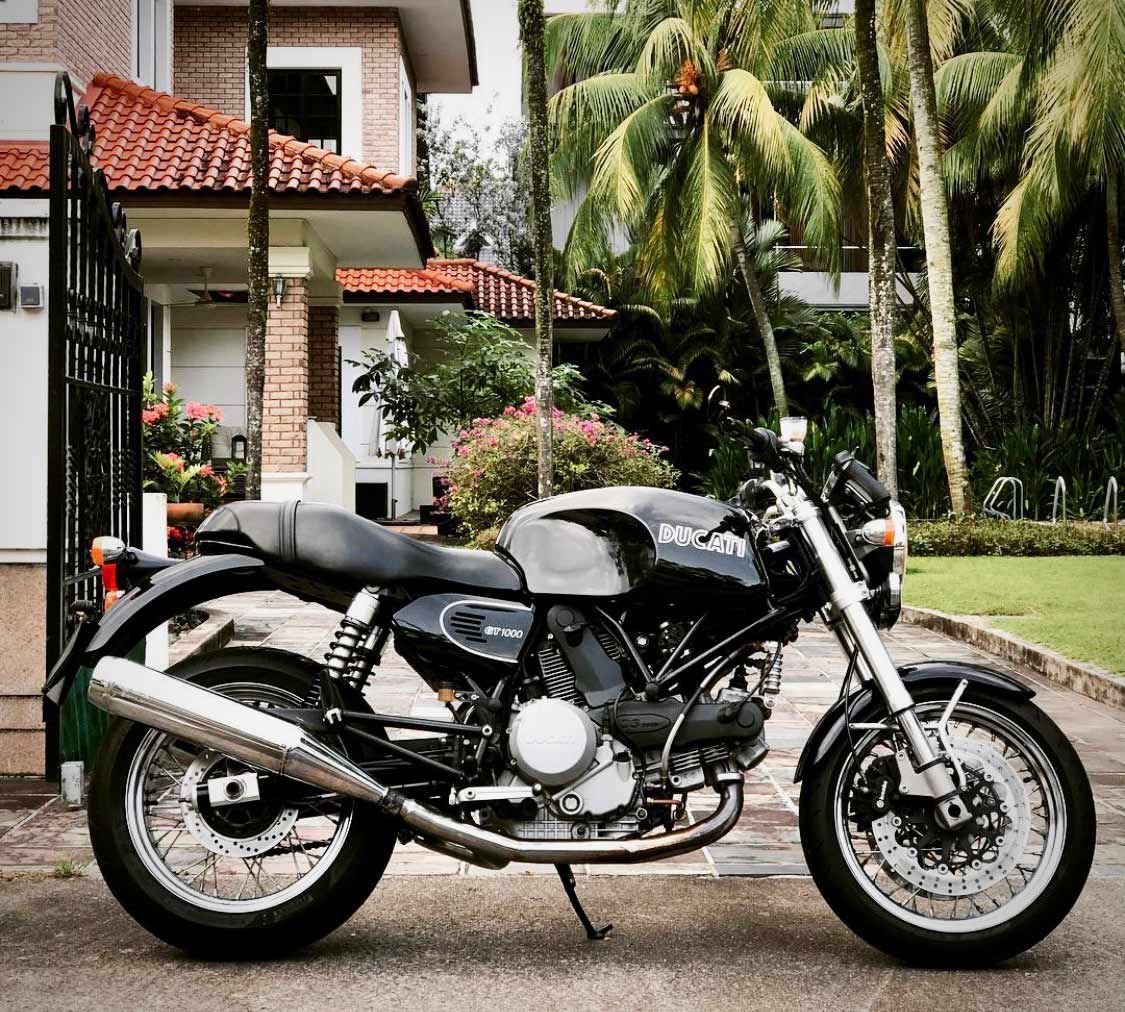
The Road Heals
Consider Neil Peart’s thoughts while “traveling on the healing road” in his book Ghost Rider. After the devastating loss of his 19-year-old daughter in a car crash and the slow, agonizing death of his wife, Peart began a journey of personal recuperation, a convalescence of the heart, a path to hope and healing made possible by motorcycles.
“At the end of a long day on the road, I felt the mixed buzz of all-day vibration, overstimulation, and weariness—the underlying awareness of having gone the distance, enjoyed it, and survived it. I had once come up with a refrain that often played in my head: ‘When I’m riding my motorcycle, I’m glad to be alive. When I stop riding my motorcycle, I’m glad to be alive.’”
Perhaps, like anything, what matters most is your relationship to motorcycles. Maybe you are addicted, or maybe motorcycles have improved your life in ways you can’t even begin to put into words. How will you know?
Related: Motorcycle Riding Tips – Touring During COVID Pandemic
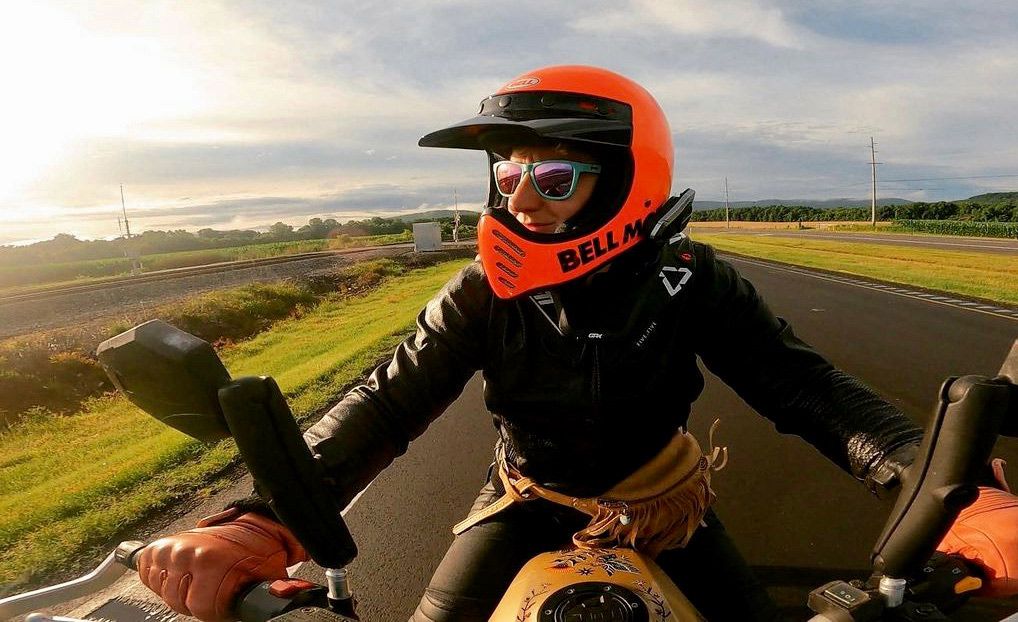
The Symptoms
Me: “How do I know if I have a motorcycle addiction?”
Therapist: “People who don’t have motorcycle problems don’t ask that question.”
There are many signs visible to those around you. Loved ones may observe you check out for a moment as your eyes lock onto the motorcycle going by, or the strange way you grip the shopping cart at the grocery store; did you just rev the cart with your right hand?
The following are signs and symptoms to watch out for in yourself or a loved one.
You might be addicted to motorcycles if…
- They are the source of, and solution to, all your problems
- You purchase a garage that comes with a house. If the selling point of your residence isn’t where you live at all, but where you keep your motorcycles, you might have a problem. This also applies if you’ve brought motorcycles inside to any part of your house, just to be closer to them.
- You have to rearrange the motorcycles in your garage to fit more motorcycles.
- You have disordered rain perception, such as rain denial. Say you’re enjoying your ride and it starts to gently rain. The rational part of your brain tells you to end the ride or pull over to put your rain gear on, but you tell yourself it won’t keep raining, that it will quit soon, that maybe just around that next bend in the road the skies are clearer.
- Signs of rain perception disorder can also appear in the car. You attempt to reach up with your hand to wipe the rain off your visor with your glove, only to remember that you have windshield wipers and are not wearing a helmet. Or perhaps you’re driving in a gentle rain when the passenger asks you to turn on the wipers because they can’t even see the hood of the car.
- You never forget a service interval or when it’s time for maintenance, but you can’t seem to remember a birthday or anniversary.
- You have studded motorcycle tires for winter riding.
- You have throttle dreams.
- You use riding as therapy/meditation.
- You display motorcycle paraphernalia on your four-wheel vehicle.
- You use motorcycle bags for luggage even if you’re not traveling by moto.
- After a ride, you pull up a chair in the garage next to your bike, pour a drink, and maybe light a cigar, just to prolong your quality time together.
- You feel that in some way, at least in part, motorcycles have saved your life.
Related: Best Motorcycle Riding Traffic Safety Tips
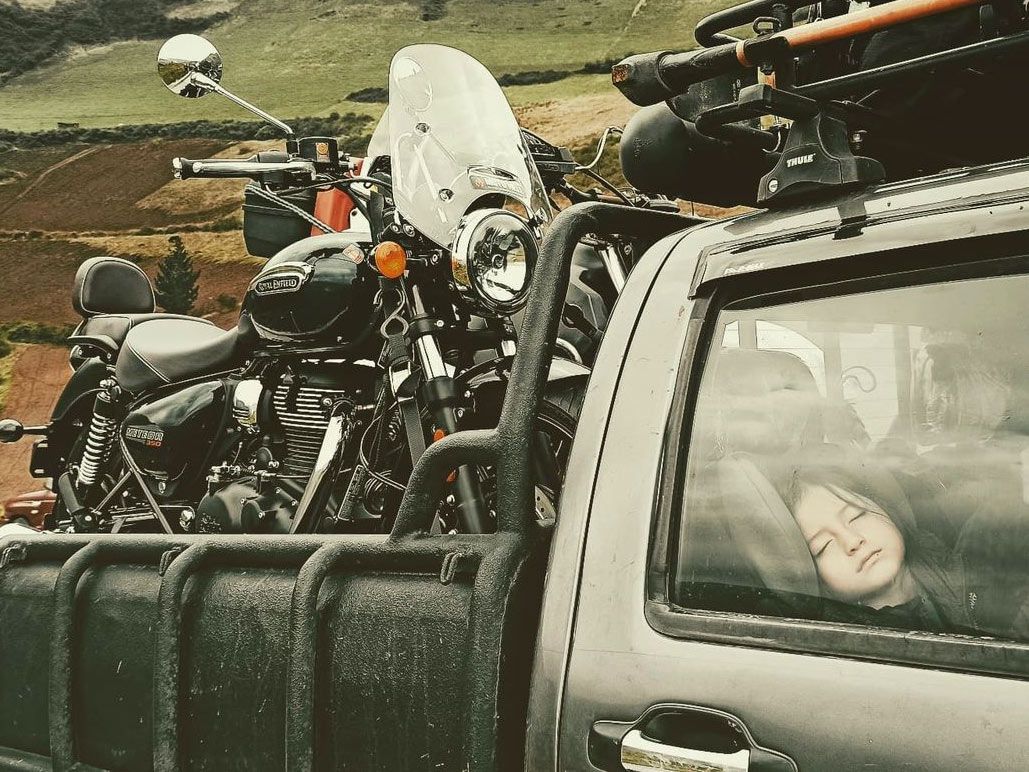
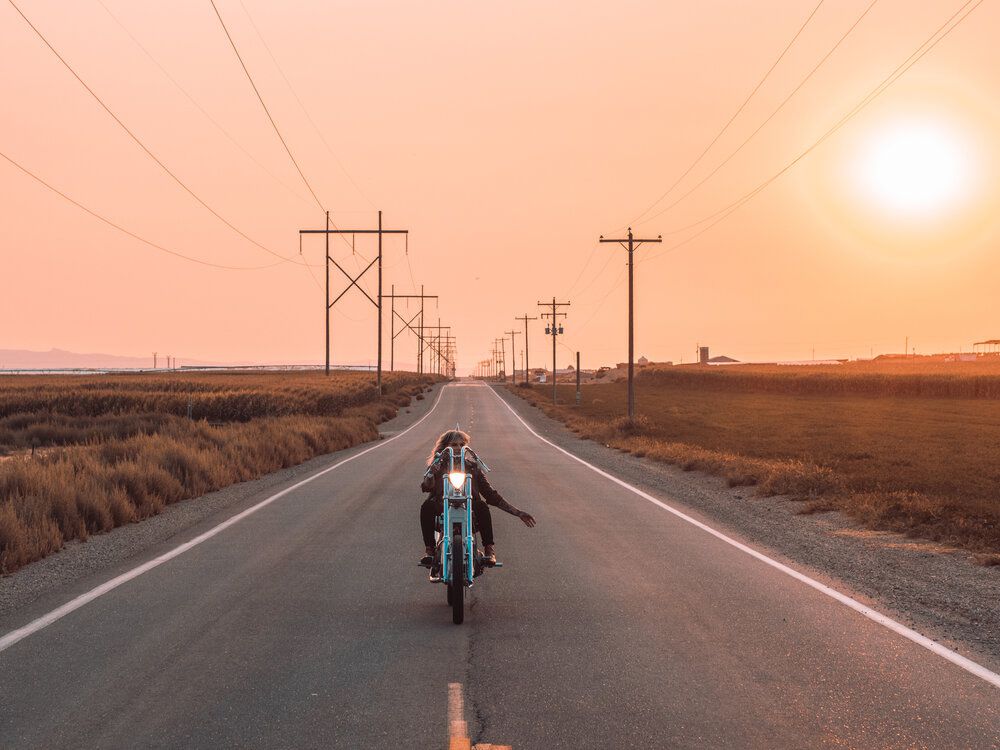
Diagnosis
While addictions consistently ruin lives and cause immense suffering, it seems that in the world of motorcycles we’re really talking about passion. Addiction expert Johann Hari says that something that is positive, rewarding, and enriches your life in a way that is most fulfilling to you isn’t an addiction, just a happy way of being in the world.
Maybe riding motorcycles is a way of avoiding pain for some, but the activity itself is far from anesthesia. Although you can have the feeling of leaving problems in your dust, you aren’t numbing yourself—you’re hyperconcentrating your focus. With every subsequent experience riding, there is a sense of mastery gained, of skills improved, of perpetually becoming an improved version of yourself.
For example, experience teaches riders that if they stare at an obstacle, they’re going to hit it. Instead, we learn to focus on where we want to go—the solution—which helps shape motorcyclists into better problem solvers.
Related: The Problems of Motorcycle Travel No One Talks About
So yes, we are passionate and obsessed, enjoy frequent dopamine hits from riding, and unable to live our best lives without motorcycles, but the majority of us are all the better for it. As with many of you, riding motorcycles is a habit I don’t intend to break.
Maybe rather than addicts, motorcyclists are just dreamers, leaning into the pursuit of worthwhile goals which inevitably involve some degree of risk. Perhaps we have a better grasp of our own mortality, of the brevity of life, and that in the end it’s the risks not taken which we’ll regret the most.
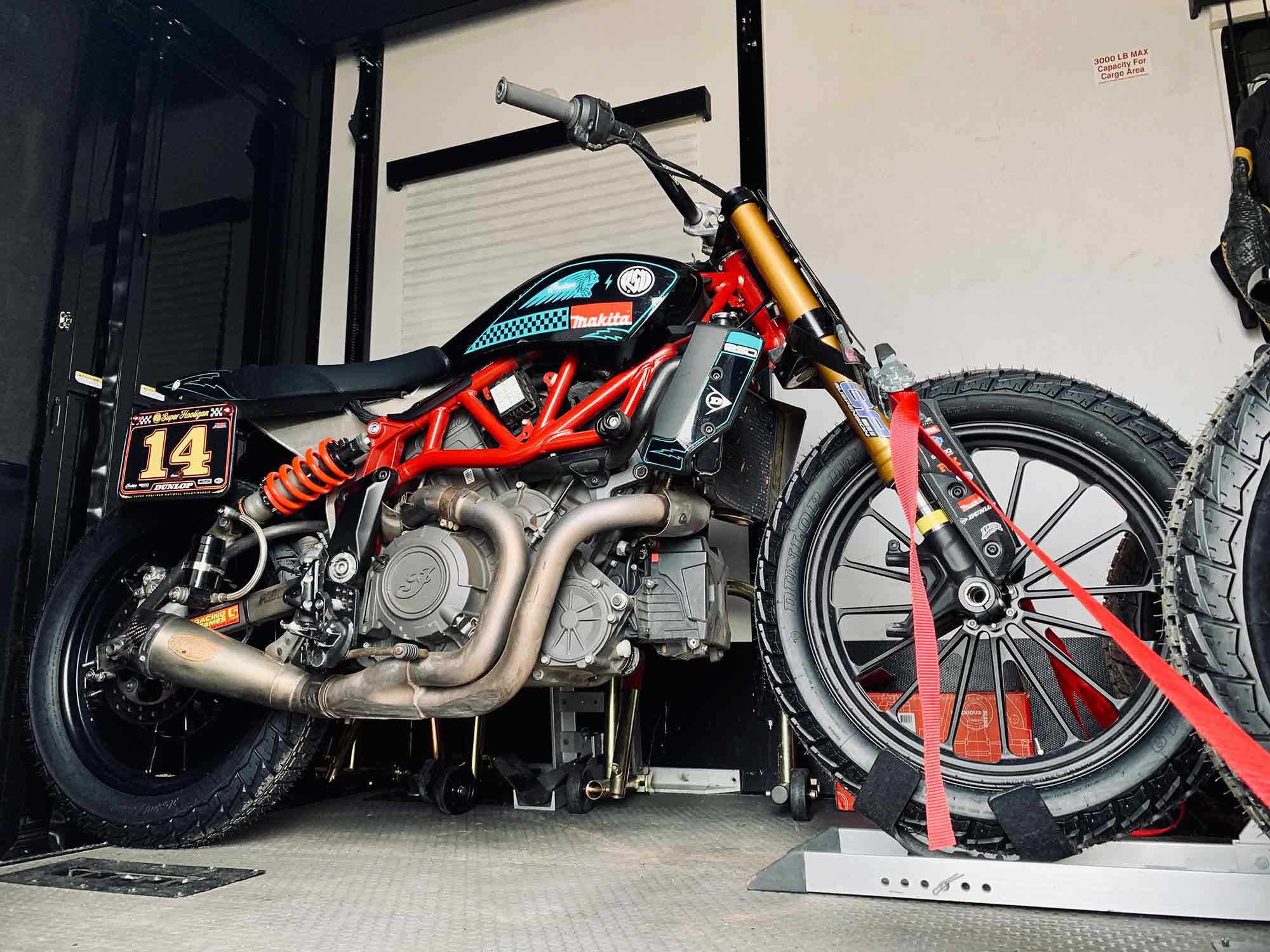
Related: Motorcycle Misadventures: Will You Face These Adversities on the Road?
Related: Destination Questionable: Motorcycle Riding Into a Colombian Red Zone
Source: MotorCyclistOnline.com
